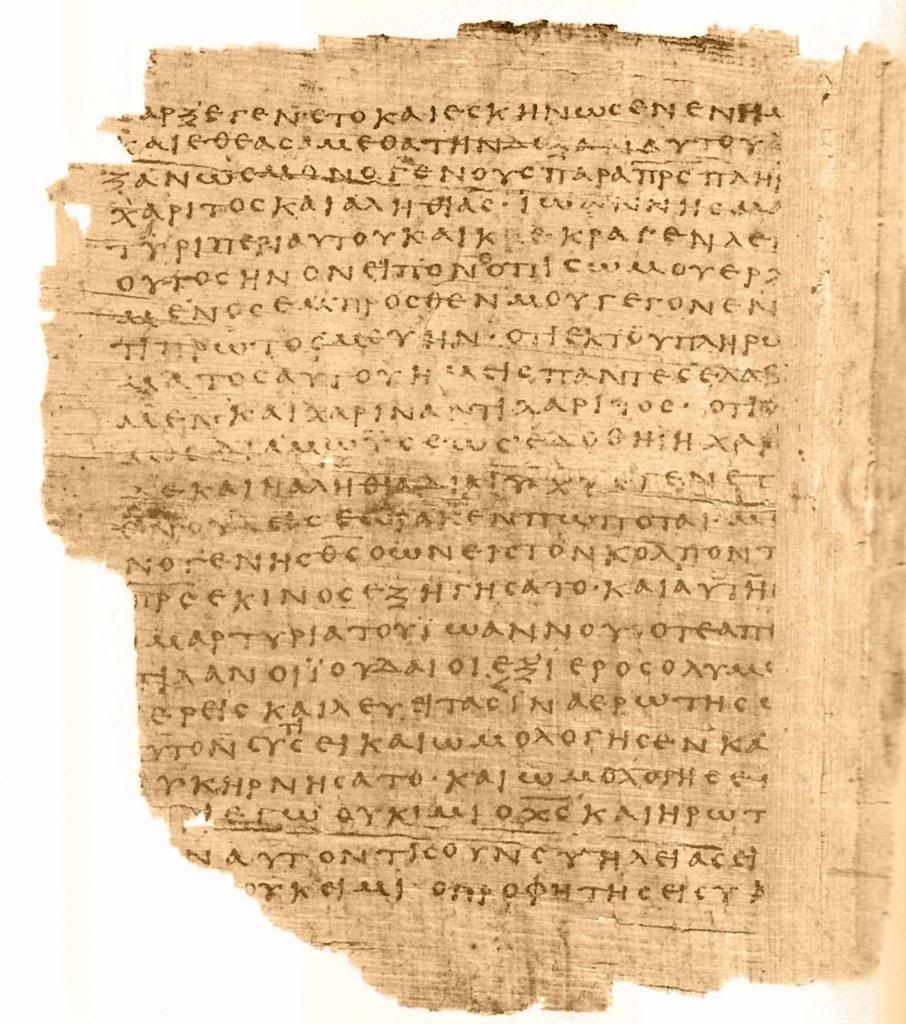First, I would like to comment that I like your forum name “SeekingTheTruth.” I have been seeking the truth for nearly 70 years. I think I have discovered some truth over those years, but the more I discover, the more I find that there is to be discovered!
aiōnios, aiōnion, and aiōniou, are three forms of the same word. The lexical form is “aiōnios” and so most people when writing in English use the form “aiōnios” when referring to the word. The difference in the forms is grammatical. In Greek, one uses various ending to indicate the grammatical structure. We do this in English too. You and Cindy were talking about “holy” and “holiness.” the word “holy” is an adjective and “holiness” is a noun. They are distinguished by a different ending. Sometimes in English different forms appear to be totally different in structure. For example when you use “I” you are referring to yourself, and when you use “me” you are referring to yourself. So why two different words to refer to yourself? You use “I” as the subject of a verb and “me” as the direct object of a verb.
In second declension nouns (all of which are masculine), the endings for the word “doulos” (a slave) determine how they are grammatically used in a sentence. Here are the forms, called “cases” (using Latin characters rather than Greek):
SINGULAR
Nominative (used as the subject of a verb) doulos The slave brought in the food.
Genitive (similar to the possessive case in English doulou I saw the book of the slave (or I saw the slave’s book)
Dative doulō I gave the book to the slave.
Accusative (used as the direct object of a verb) doulon I saw the slave
PLURAL
Nominative douloi slaves
Genitive doulōn of slaves
Dative doulois to slaves
Accusative doulous slaves
The adjective “aionios” follows the same pattern when modifying either masculine nouns of feminine nouns.
First there are no original manuscripts of any part of the three Bibles in existence, and it is highly unlikely that any will be discovered. We are blessed to have copies of some of the New Testament manuscripts which date in the 100s. Some of them, if they had been copied carefully, may be identical to the originals.
In my opinion the Hebrew of Cave 4 among the Qumran caves contains the original Hebrew language of the Old Testament. I say this because the New Testament writers of quotes from the Old Testament are identical or close to identical to the Old Testament writings found in Cave 4. However, the Masoretic text is very different in some places. So I think the Septuagint that the New Testament writers used was a translation of the form of Hebrew found in Cave 4.





